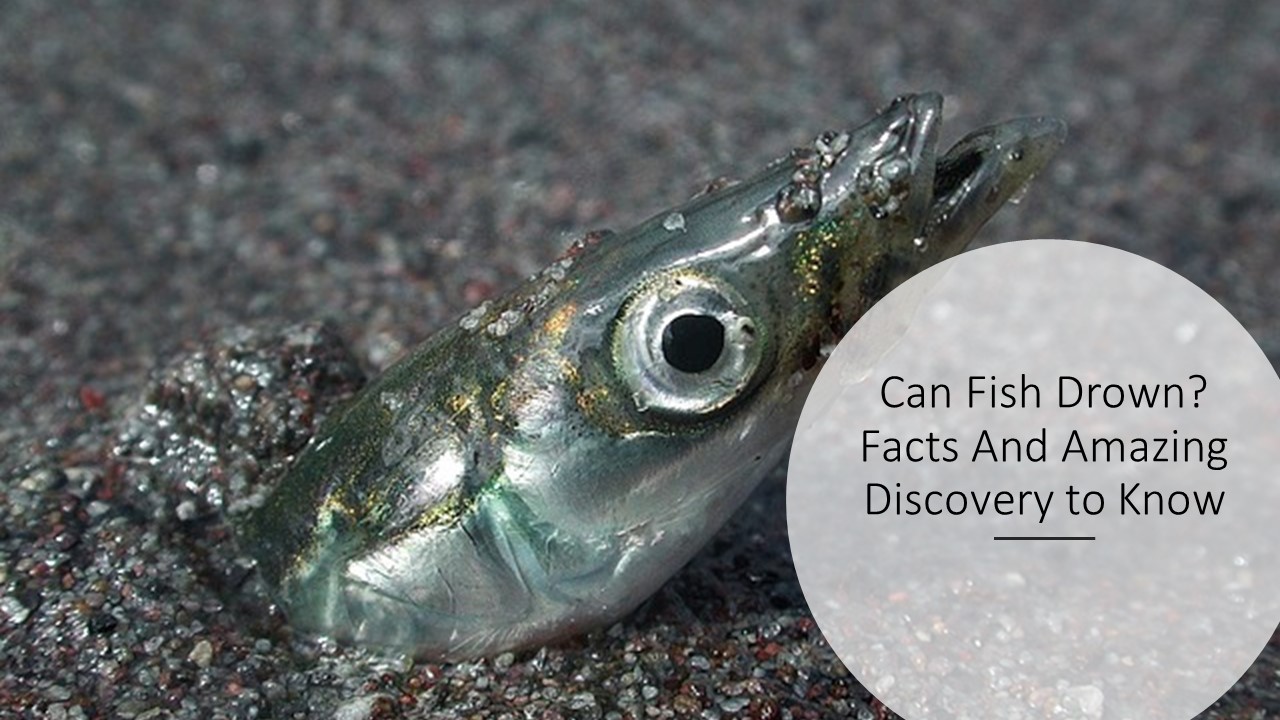Physical Address
304 North Cardinal St.
Dorchester Center, MA 02124
Physical Address
304 North Cardinal St.
Dorchester Center, MA 02124


Fish cannot drown since drowning is defined as dying or killing by immersion in liquid. However, they are susceptible to suffocation when fresh water is depleted of dissolved oxygen due to eutrophication, an overabundance of nutrients, or drought.
Many fish need to swim continuously to keep water flowing through their gills. After having their fins removed by fishermen, they are unable to live when released back into the water. A fish without a fin can’t swim and will suffocate.
Fish breathe by moving water across their gills. However, a fish can suffocate if its gills are injured, removed, or if water cannot pass through them. Since they don’t breathe in the water, they don’t technically drown but pass away through a lack of oxygen.
Yes, fish will die in polluted water. Just like people, fish require oxygen to survive. A fish can drown (suffocate) if the water they are swimming in runs out of oxygen; this usually happens if you leave a goldfish or a betta fish in a small bowl without a running filter. When fish lungs fill with water and cannot receive the necessary oxygen, suffocation occurs. They can suffocate or asphyxiate when there is not enough oxygen in their environment.
Fish can be killed or harmed by pollution directly, or it can alter their environment and eliminate food supplies or lead to an overgrowth of plants or algae that deprives the fish of oxygen. Fish populations are harmed by water contamination in a number of ways. The oxygen in the water that fish require to survive is depleted when nutrients enter streams through storm runoff. Normal sources of phosphorus and nitrogen for streams and lakes include dog excrement and fertilizers.
No, fish can’t survive in milk, and they would die in a few seconds or minutes. It would quickly get messy because of the variations in acidity and dissolved oxygen, not to mention all the fat, proteins, carbs, and other minerals in the milk that might clog the creature’s gills.
Yes, fish will suffocate in the air in a matter of seconds or minutes. I said suffocate because fish lack the air-breathing organs needed to drown. It is not the same as dying from immersion and water inhalation to not be able to breathe with gills.
According to their species, fish may survive in the air for anywhere between seconds to minutes or even months.
A valuable tip to know: There is only so much oxygen available, even in a tank that is well-maintained. In order to maintain fish life, oxygen levels must be replenished often. Fish are susceptible to drowning (suffocation) when oxygen levels are too low. The danger zone is anything with a PPM value of less than 2.
Some species may survive for a long time in both fresh and salty water. However, in general, a freshwater fish won’t survive in salt water for more than a few minutes.
Freshwater fish use a variety of techniques, such as ingesting less water and making urine that is less concentrated, to control the amount of water that enters and leaves their bodies. Fish from freshwater lose water from their body when placed in saltwater because of the hypertonic environment. Their cells degenerate and perish.
Due to the high concentration of the salt solution in their bodies, saltwater fish cannot thrive in freshwater. When all of their cells had absorbed enough water, the water would continue to flow into their bodies until they bloated and eventually died.
Many people might be surprised to learn that fish can die to an oxygen shortage in the water. Unbelievably, fish also need oxygen to survive, just like us and other animals that breathe air. They can’t continue to live if they don’t have access to oxygen.
The majority of fish breathe by the moving water across their gills. However, a fish can (drown) or suffocate if its gills are injured or if water cannot pass through them.
The gills can be harmed by fishing equipment, such as particular types of hooks. The cause could possibly be a disease. Pathogens, primarily bacteria, may adhere to the gills and restrict them from taking oxygen from the water or cause them to deteriorate to the point where they stop functioning.